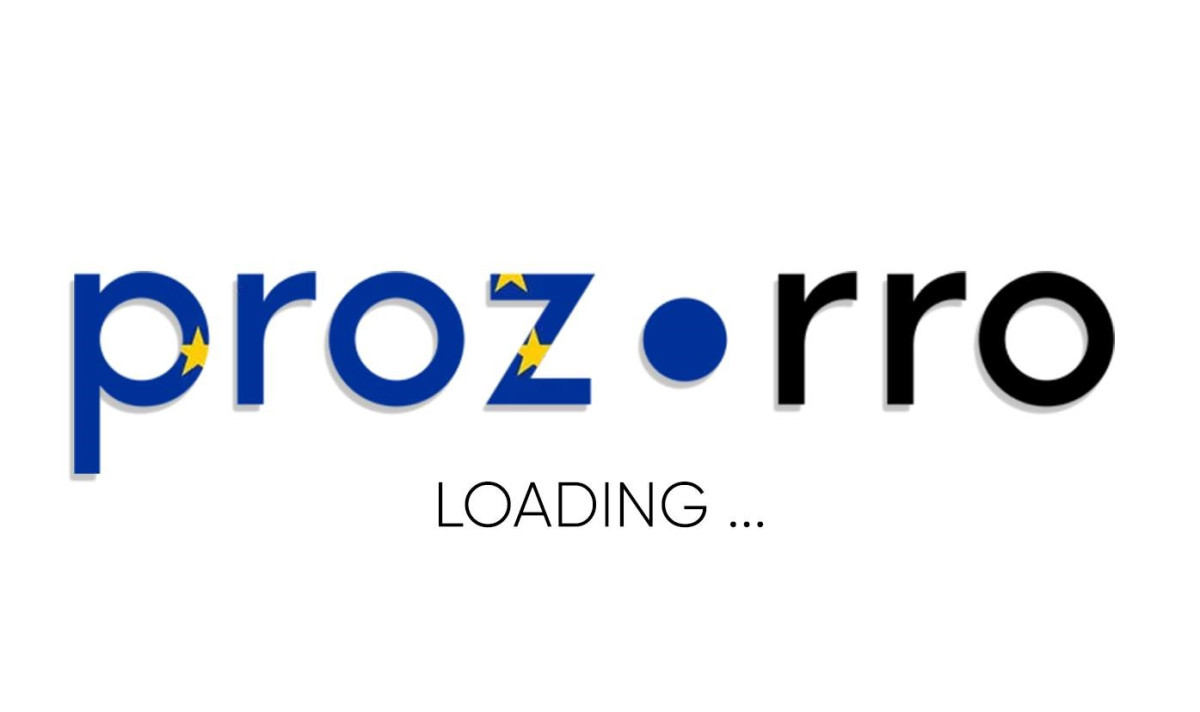

On October 30, the European Commission published the 2024 EU Enlargement Report on Ukraine as a candidate country. It describes the state of compliance of our country with the EU criteria and rules. Public procurement in the course of European integration is assessed in a separate fifth section.
The European Commission noted that progress had been limited in this area, mainly due to the development of a draft new specialized law, the approval of a strategy for public procurement reform, and the reduction in the number of exceptions to the law necessary under martial law. Last year’s EC Recommendations were only partially implemented, so they remain relevant. But there are new ones.
Legislation
Currently, our rules are partially aligned with European ones, so we need to continue harmonizing Ukrainian legislation on public procurement, public-private partnerships, as well as the definition of defense procurement, with EU directives. In the near future, a new law on public procurement should be a step in this direction. As of now, its draft passed the first reading, and we joined the development of proposals before the second one.
The European Commission also emphasizes that it is necessary to assess the relevance of exceptions to the law under martial law and minimize them. This list has already been shortened, but that was not enough.
Another issue that bothers the EC is localization. Its requirements do not apply to procurement subject to international treaties, and the report indicates the need to provide procuring entities with clear explanations about this exception to comply with the principles of non-discrimination and equal treatment, which Ukraine previously agreed upon with the EU.
Finally, the European Commission notes that Ukraine approved a strategy for public procurement reform and an action plan for its implementation. At the same time, the report states that its implementation requires a clear and structured approach. Our analysis also mentioned the need to clarify the indicators of goal implementation; they sometimes refer to the process, not the result.
Practical implementation
Despite the war, we managed to ensure the application of procurement rules and the use of the Prozorro system. But the lack of people and funds affects how procuring entities can conduct procurement.
Moreover, according to the EC, the use of only the price criterion when choosing a participant to award indicates that the price is in a much higher priority in our country than the quality. We realize that non-price criteria are an important tool for effective procurement. However, it is complex and risky. Therefore, we propose to grant the Cabinet of Ministers the authority to approve the procedure for applying the tender bid evaluation criteria. This will enable procuring entities to use non-price criteria more properly and avoid abuse and discriminatory requirements.
The report states that there has been no progress in the introduction of mandatory energy efficiency criteria in public procurement. Compliance with the minimum requirements for energy efficiency is crucial for Ukraine, given the volume of reconstruction needs.
The European Commission report also notes:
- the creation of two defense-related procuring entities, the State Logistics Operator and the Defense Procurement Agency, as well as large-scale training for procuring entities in this area.
- the need to continue to train procuring entities: to develop standards and a strategy of professionalization, assess training needs, and approve the training policy.
- a legal and institutional framework for integrity and conflict of interest management. However, it also notes the weakness of risk assessment within procuring entities, internal and external control, the lack of sectoral anti-corruption strategy.
Control and protection of business rights
So far, the State Audit Service’s monitoring and internal audit cover few procurement transactions; overall, control remains weak. Therefore, one of the main recommendations is to develop a roadmap to enhance control over public procurement by the State Audit Service in accordance with the Ukraine Facility Plan.
The EC also indicates the need to enhance state supervision over public procurement in the context of reconstruction.
As for the protection of rights, our legislation is partially harmonized with the European one. The European Commission also notes that the workload on the AMCU Commission to consider complaints in public procurement is growing. This means that a higher number of authorized persons should be selected and the internal administrative capacity of the AMCU should be strengthened.
These recommendations are not new to Ukraine for the most part. Our European partners have already mentioned them, and they partially echo the proposals and conclusions of the DOZORRO report on procurement in 2023.
This year, we have already taken some steps to implement the EC’s recommendations. In the first reading, MPs voted for a draft new law that would introduce new European procurement procedures and wider use of non-price criteria, as well as harmonize several provisions with the rules of the EU Directive. However, there is still a lot of work to be done, and the legislation must not only be changed, but also put into practice.
This publication was prepared with the financial support of the European Union. Its content is the sole responsibility of Transparency International Ukraine and does not necessarily reflect the views of the European Union.






